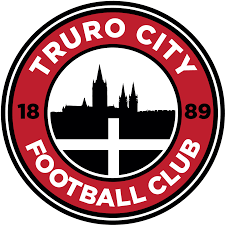The Remarkable Journey of Harry Redknapp in Football
Introduction
Harry Redknapp, a renowned figure in English football, has made significant contributions to the sport both as a player and a manager. His journey through the beautiful game has been marked with notable successes, controversies, and a distinct managerial style that has won him both fans and critics alike. As he continues to influence the football world, understanding his impact is essential for anyone interested in the history and evolution of English football.
Early Life and Playing Career
Born on March 2, 1947, in Poplar, London, Harry Redknapp began his career as a footballer at West Ham United, where he was part of the youth team. Debuting in 1965, he played as a midfielder until 1972, before moving on to play for other clubs, including Bournemouth and Brentford. During his playing days, Redknapp earned respect for his work ethic and commitment on the field.
Transition to Management
Redknapp’s managerial career began in 1983 with Bournemouth, where he found success by seizing opportunities to move up through the divisions. He later took charge of clubs such as West Ham, Portsmouth, Southampton, and Tottenham Hotspur. His tenure at Portsmouth brought remarkable success, where he led the team to an FA Cup victory in 2008. This milestone solidified his reputation as a skilled manager.
Successes and Challenges
During his time at Tottenham, Redknapp led the team to a fourth place finish in the Premier League and a place in the UEFA Champions League, marking a high point in his career. Known for his attacking style of play, he nurtured talents such as Gareth Bale and Luka Modric. However, his career has not been without controversies, including legal troubles over financial dealings and a tumultuous relationship with club ownerships.
Current Ventures and Legacy
Even after retiring from the managerial role, Redknapp remains a familiar face in football due to his appearances on television and involvement in various football-related activities, including punditry. As a beloved character in football, he has garnered a fan base that appreciates his wit, warmth, and passion for the game. His journey reflects the fluctuating nature of football, where resilience and adaptability are key components of success.
Conclusion
Harry Redknapp’s career in football spans over several decades, reflecting the transformative nature of the sport. As fans and aspiring managers analyse his methods and philosophies, it is clear that his influence will linger in the world of football. His ability to connect with players and fans alike underscores the essence of what it means to be a football manager. As we look ahead to the future of English football, Redknapp’s legacy will continue to inspire new generations in this ever-evolving game.









